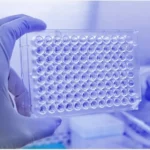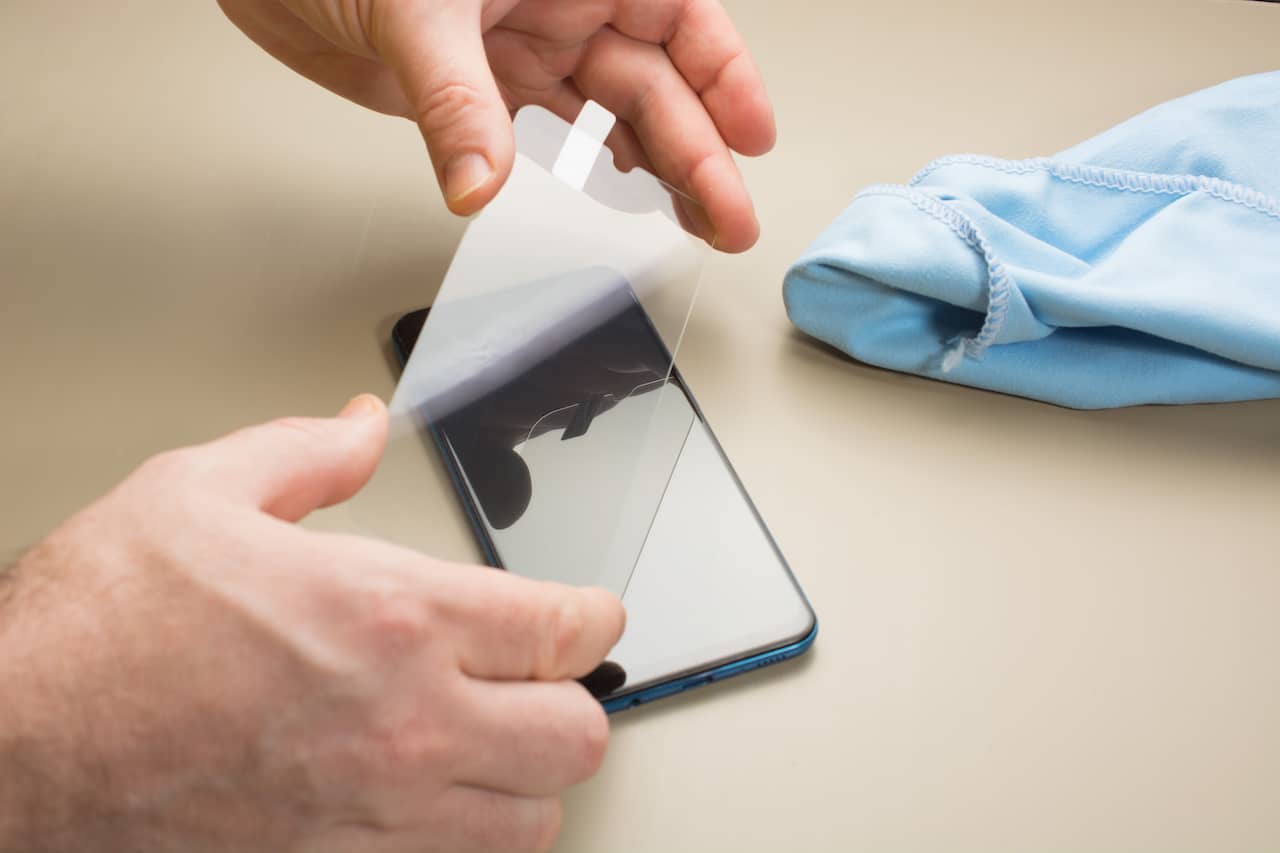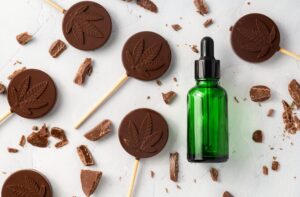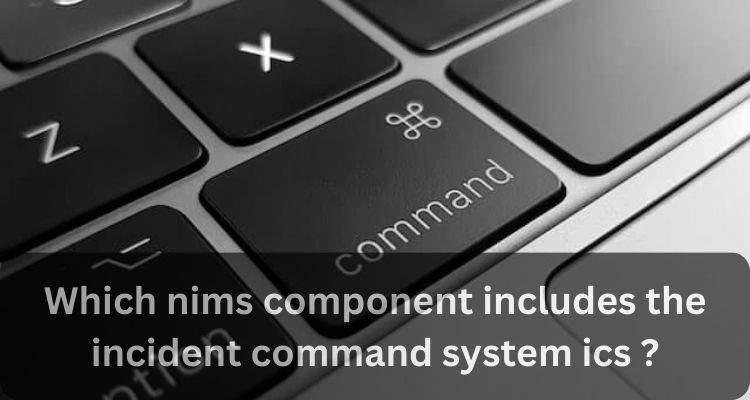Screen protectors are sold as a necessity, but they’re actually not that useful. Unless you work in a battlefield or have terrible luck, you probably won’t need one if your phone gets scratched up by sand or other common stuff that comes from your pocket.
If you want to protect your screen, you can get a screen protector made from glass (like Gorilla Glass) or sapphire. Those are both tougher than plastic, but they’re also a bit more expensive.
Also Read: 365bet4u.com
1. Protect Your Screen
When it comes to protecting your phone, there are a few things to consider. First, you’ll want to know what type of screen protector is right for your device.
Generally speaking, glass screen protectors offer the best protection against scratches and drops. They also closely mimic the feel of your original screen, which makes them much easier to use.
Next, you’ll want to decide whether or not you need a fingerprint-resistant screen protector. These are typically available for tempered glass and TPU, but they can also be found for PET.
A tempered glass screen protector has better resistance against scratches and drops than PET or TPU. It’s also a lot less visible when applied to your screen, which is great if you want to have a more clear view of the display.
Some custom screen protectors also offer privacy coating. This allows you to hide your device’s screen from others, which can be helpful if you need to keep your devices private or are a spy. However, it can also dim the display, so be sure to check that out before buying one.
Also Read: Why is Netflix Removing Christian Movies
2. Protect Your Device
In the early days of smartphones, a fall or bump would result in shattered glass. But today, most phones are made with toughened glass developed by Corning and Apple, which is much less likely to shatter.
If you want to prevent a smartphone from getting scratches, you can use a screen protector 2023. These films will do a good job of preventing minor scratches, but if you’re looking to protect your device from damage, we recommend getting a case as well.
There are also some screen protectors that are designed to reduce the growth of bacteria and mold on the surface of the screen. These are called antimicrobial coatings.
However, be aware that these coatings may not last as long as other types of film. It’s best to choose a screen protector that is thick enough to resist scratches but not too thick that it obstructs touchscreen accuracy. This is why we suggest picking a screen protector with a 9H hardness rating.
3. Save Money
If you’re using a high-tech device like a smartphone or tablet, it’s easy to understand why you’d want to protect it. These are expensive gadgets that require a lot of attention, so it’s only natural to want to preserve them in pristine condition for as long as possible.
There are many reasons you may need a screen protector, including protection against accidental damage, keeping your device from scratching, and reducing the likelihood of mold or bacteria growth on your device’s touchscreen. Some screen protectors even come with an antimicrobial coating, which helps to prevent the growth of surface bacteria and mould.
Similarly, many of these screen protectors come with an anti-glare coating that can help reduce eye strain caused by exposure to screen glares. You can also find some protectors that block blue light, which has been linked to a variety of eye health issues, such as headaches and migraines. Thankfully, carrier insurance plans and AppleCare often cover replacements at a discounted rate-usually $20 to $30, making these protections a good value.
Also Read: Applooter.com
4. Protect Yourself
A screen protector adds a layer of protection to your device. The best screen protectors use materials that are resistant to scratches, abrasions, and drop damage. A good glass screen protector will have a hard time shattering, while a tough plastic one should be immune to most accidental spills and bumps.
Most screen protectors have an antimicrobial coating, designed to help fight the spread of bacteria and mold that can cause discoloration, blemishes, and premature wear and tear on your smartphone’s display. Some even include a little bit of UV light for extra protection.
If you’re looking for the best screen protector to buy, you should do your research before committing to anything. With so many products on the market, there’s sure to be one that fits your budget and style. The best ones will also come in handy when it comes to keeping your phone safe from the rigors of daily use.

























+ There are no comments
Add yours